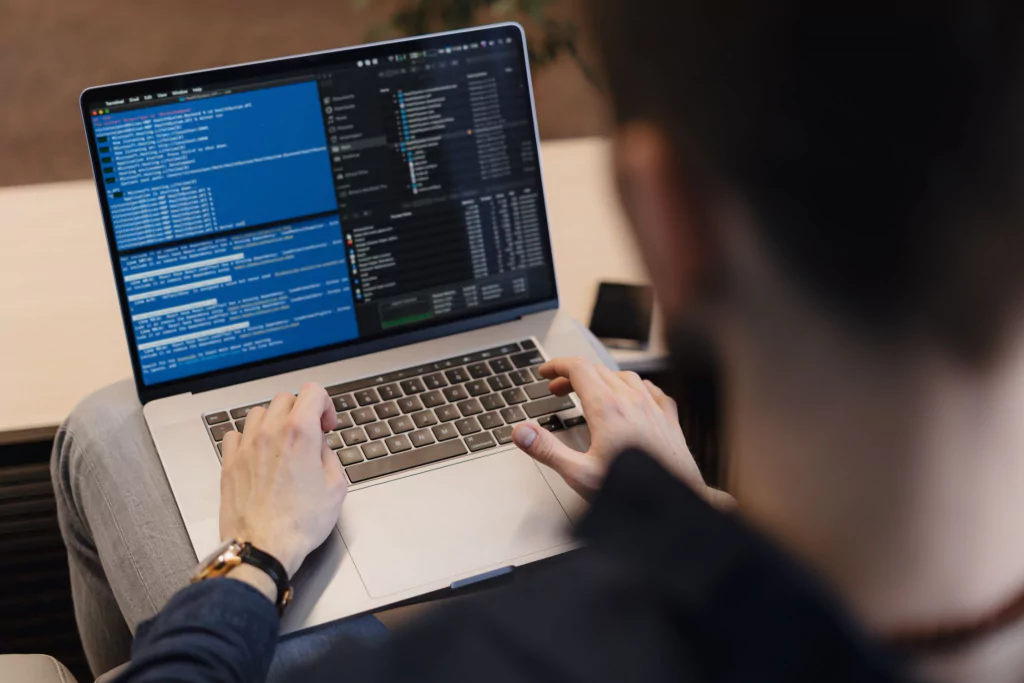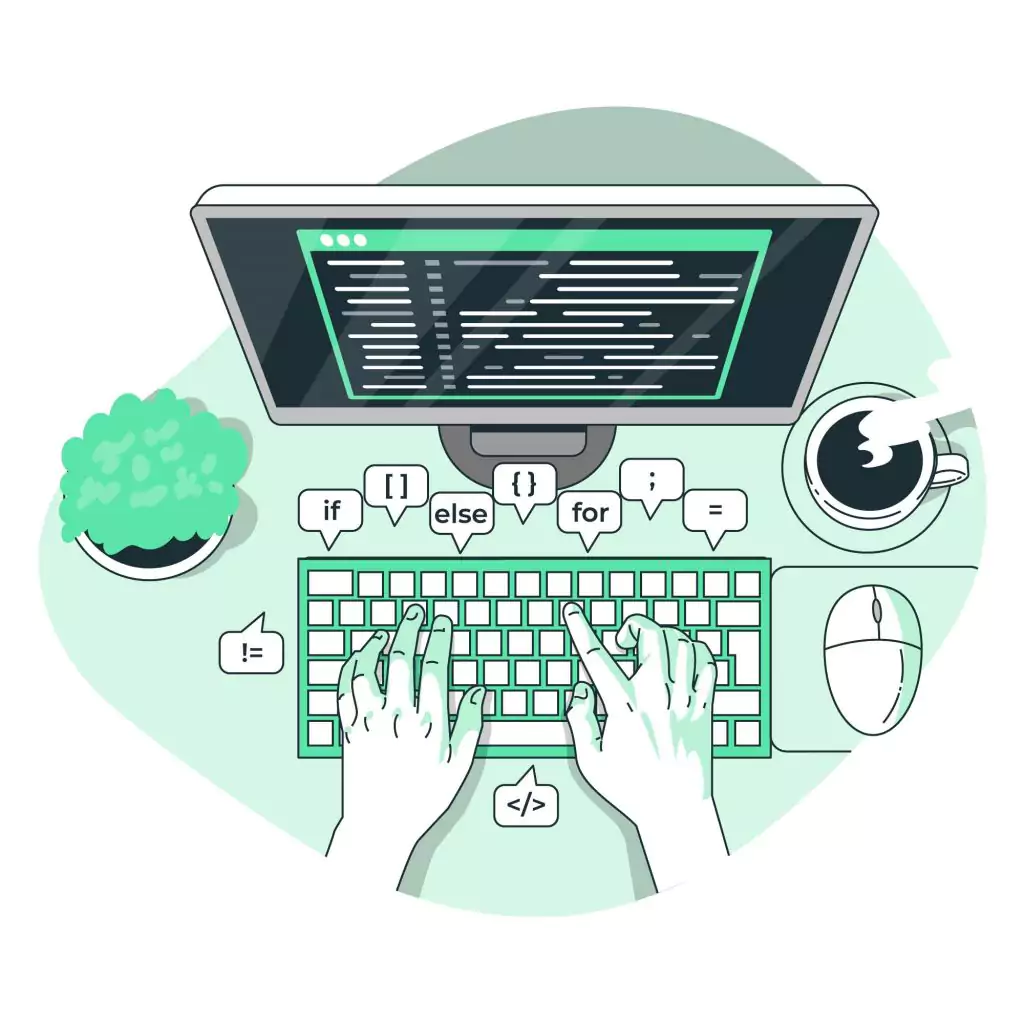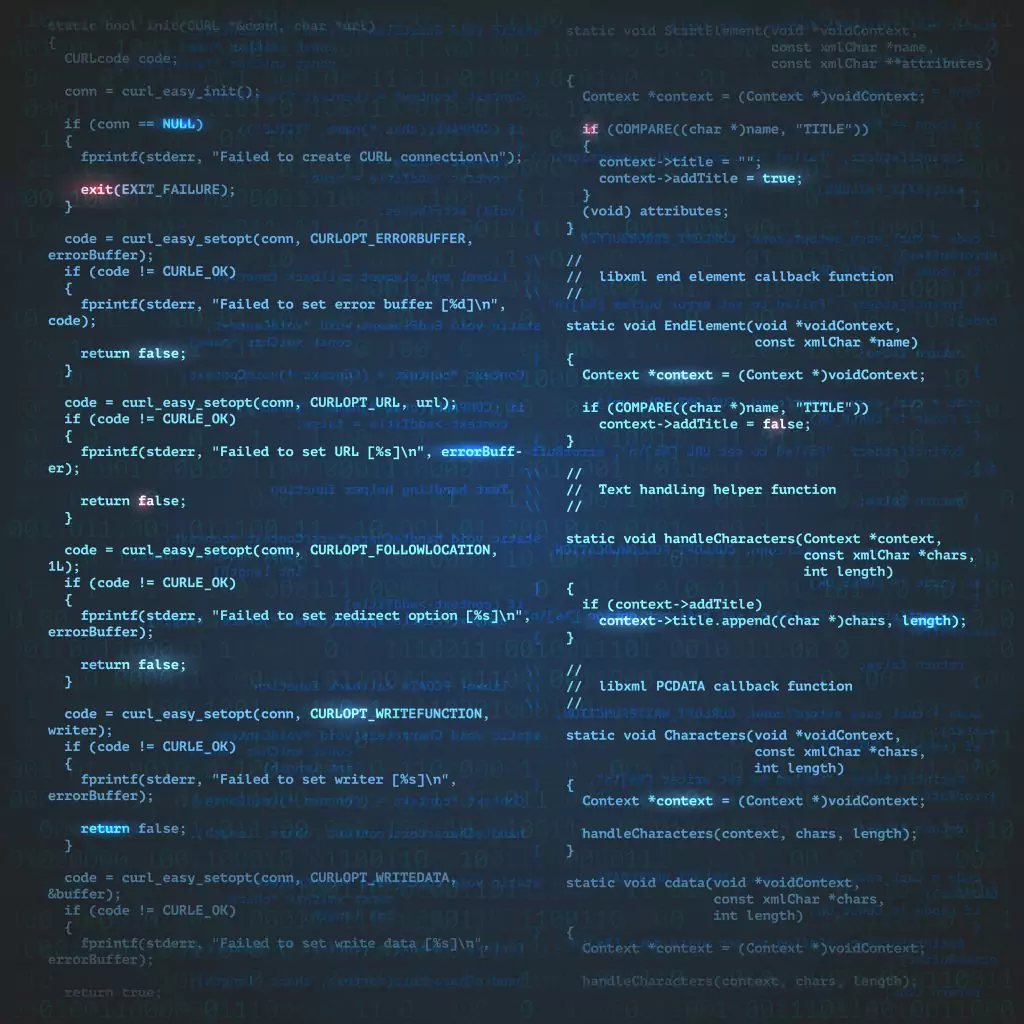TechDay recently reported on a trending query within the tech world: “Is it possible to learn programming without prior coding experience?” In response, the tech platform enthusiastically answered: “Yes!” Given the lucrative nature of coding-related professions, this piece aims to provide insights into how beginners can dive into the intriguing world of programming without any prior experience. The main strategy involves “code reuse,” where programmers use pre-written codes to develop their own websites or applications.

✅ AI Essay Writer ✅ AI Detector ✅ Plagchecker ✅ Paraphraser
✅ Summarizer ✅ Citation Generator

Key Takeaways:
- You don’t need coding experience to start learning programming. Just grasp the basics, use online resources to learn and practice, and connect with other programmers. Joining online coding communities is also a great help, as they offer support and collective learning opportunities.
- Beginners are encouraged to start with Python or JavaScript due to their simpler syntax and lesser lines of code required. Other languages such as SQL, C++, HTML, and CSS have their distinct advantages and applications in the tech world.
- Learning to code is a progressive journey that requires focus, dedication, and consistent practice. It is advisable to master one language before moving onto another to avoid overwhelming oneself and to enhance comprehension.
The Path to Becoming a Programmer
Before diving headfirst into the complex waters of coding, it’s paramount to first grasp the fundamental mechanics that form the bedrock of programming. This knowledge includes concepts like variables, data structures, algorithms, and more. Online exercises and coding challenges offer beginners a great avenue for practicing their newly-acquired skills. As the learning progresses, the complexity of the issues tackled should also increase.
For those who find programming challenging, online courses or video tutorials can be of immense help as well, explaining basic coding concepts and strategies to tackle complex programming issues. Nonetheless, do not underestimate the value of learning from professionals. Working alongside other developers, beginners can acquire new knowledge and ideas, thereby enhancing their programming skills more rapidly. And by observing and understanding the codes written by experienced programmers, beginners can grasp the best practices in programming and effective solutions to coding problems. Online forums and communities can also be of much help in this case. There beginners can discuss coding topics, seek answers, and receive feedback on their work, thus gaining a broader perspective on programming.
Choosing the Right Language to Start
Python and Java are highly recommended for beginners due to their simpler syntax and lesser required lines of code. Python’s simplicity makes it an ideal first language, and its vast libraries and frameworks facilitate a variety of applications. Meanwhile, JavaScript emerges as the preferred weapon of choice for front-end web development, cementing its status as a favored tool amongst those with ambitions of becoming full-stack developers
Learning SQL can also prove beneficial for those seeking knowledge about database query structures and data manipulation. As for C++, thi powerful language allows developers to create high-performing software like operating systems, web browsers, and gaming engines. Not to mention HTML and CSS — the fundamental languages for web development. They are also quite important as the offer a structured and aesthetic way to design websites or applications.
Final Note
With dedication and practice, anyone can learn to code. For beginners, it’s essential to focus on one language at a time to prevent being overwhelmed. As proficiency in one language is achieved, switching to another becomes simpler.
Deciphering Algorithms: The Heart of Programming
Stepping deeper into the world of programming, one encounters the concept of algorithms. Essentially, algorithms are the lifeblood of programming, intricately woven into every aspect of the field. Think of them as the detailed recipes or the step-by-step guides that dictate how a program functions and achieves its desired goals. In this section, we aim to demystify algorithms, enabling beginners to grasp the basics of these indispensable tools and their profound impact on the practice of programming.
What’s an “Algorithm”?
An algorithm, at its core, is a well-defined procedure or a set of instructions designed to perform a specific task or solve a particular problem. It’s like a cooking recipe, but for computers. The order of steps, the inputs, the process, and the eventual outputs are all meticulously defined. These instructions can be as simple as finding the largest number in a list or as complex as predicting weather patterns using machine learning algorithms.
These procedures provide programmers with the framework to create efficient and effective programs. They streamline the coding process by providing a clear outline of the steps needed to achieve a goal. Well-designed algorithms can drastically improve the performance of a program and are often the difference between a program that merely functions and one that excels.
Mind that there are various types of algorithms that programmers frequently use, each suited to a specific kind of problem. For instance, search algorithms help find data within a database, sort algorithms organize data into a particular order, and pathfinding algorithms determine the shortest route between two points.
Algorithms and Problem-Solving:
Mastering algorithms requires not only understanding how to create them but also how to analyze them. Such analysis allows programmers to predict the performance of an algorithm, ensuring it’s the best solution to a problem. This involves understanding its efficiency, often represented in terms of time and space complexity. A good set of procedures isn’t just correct—it’s also efficient.
Algorithms in Everyday Coding
In day-to-day coding, programmers often reuse established algorithms or modify existing ones to fit their needs. Hence, understanding the basics of popular algorithms is essential. It not only helps beginners get comfortable with problem-solving in coding but also lays the groundwork for more complex algorithm understanding and development.
In essence, algorithms are the guiding forces behind the operations that programmers wish their codes to perform. By understanding the logic of algorithms, you’re making a significant leap in your coding journey, empowering yourself to tackle more complex programming challenges and build more efficient, high-performing programs.
Related stories:
Park City School Harnesses Innovation to Spark Interest in Coding
1.5 Years into Self-study with Coding and 100 Failed Job Applications. Any Hope?
Exploring the World of Programming Languages: Types, Tips, and Personal Experiences
Follow us on Reddit for more insights and updates.







Comments (0)
Welcome to A*Help comments!
We’re all about debate and discussion at A*Help.
We value the diverse opinions of users, so you may find points of view that you don’t agree with. And that’s cool. However, there are certain things we’re not OK with: attempts to manipulate our data in any way, for example, or the posting of discriminative, offensive, hateful, or disparaging material.